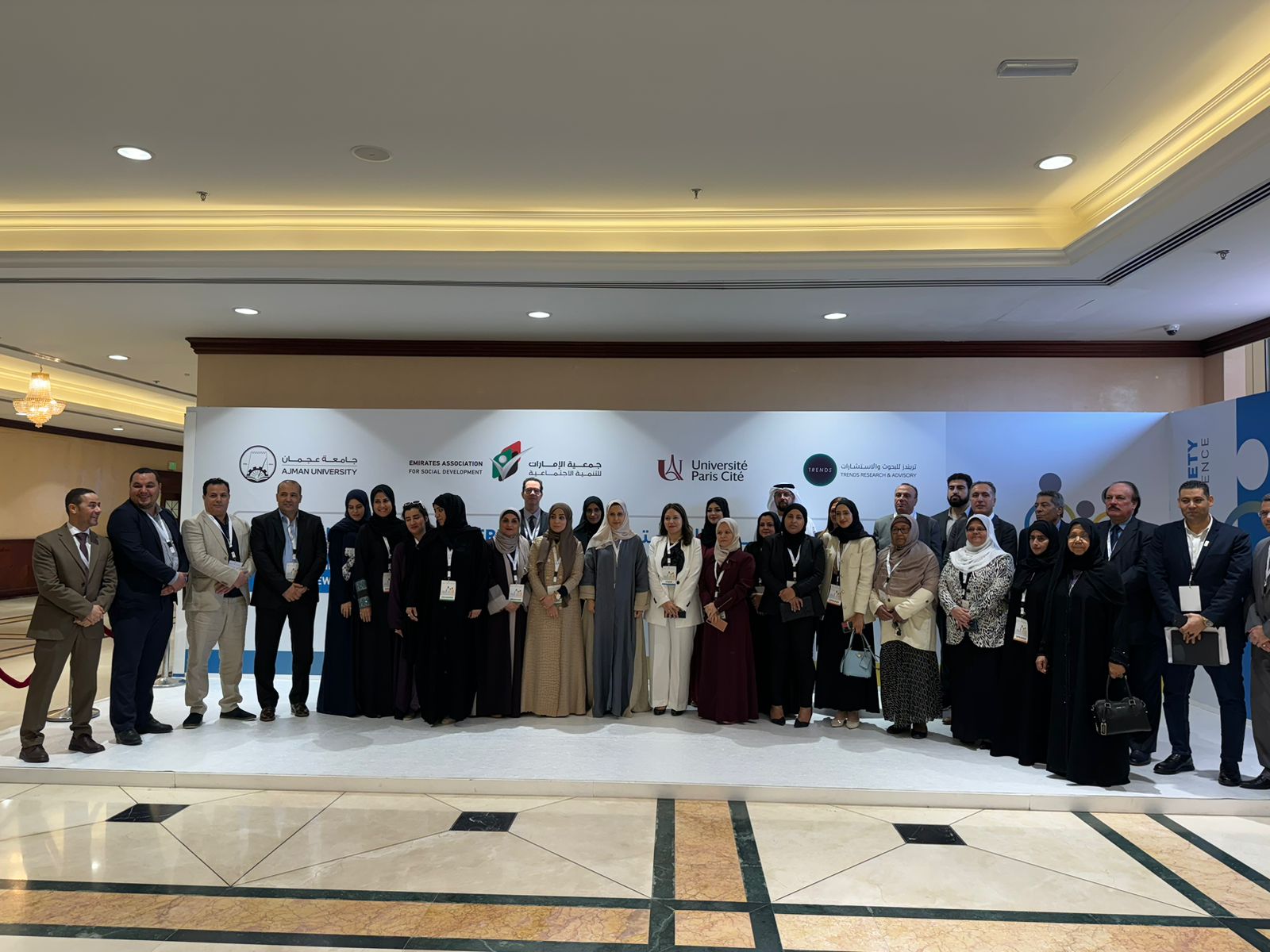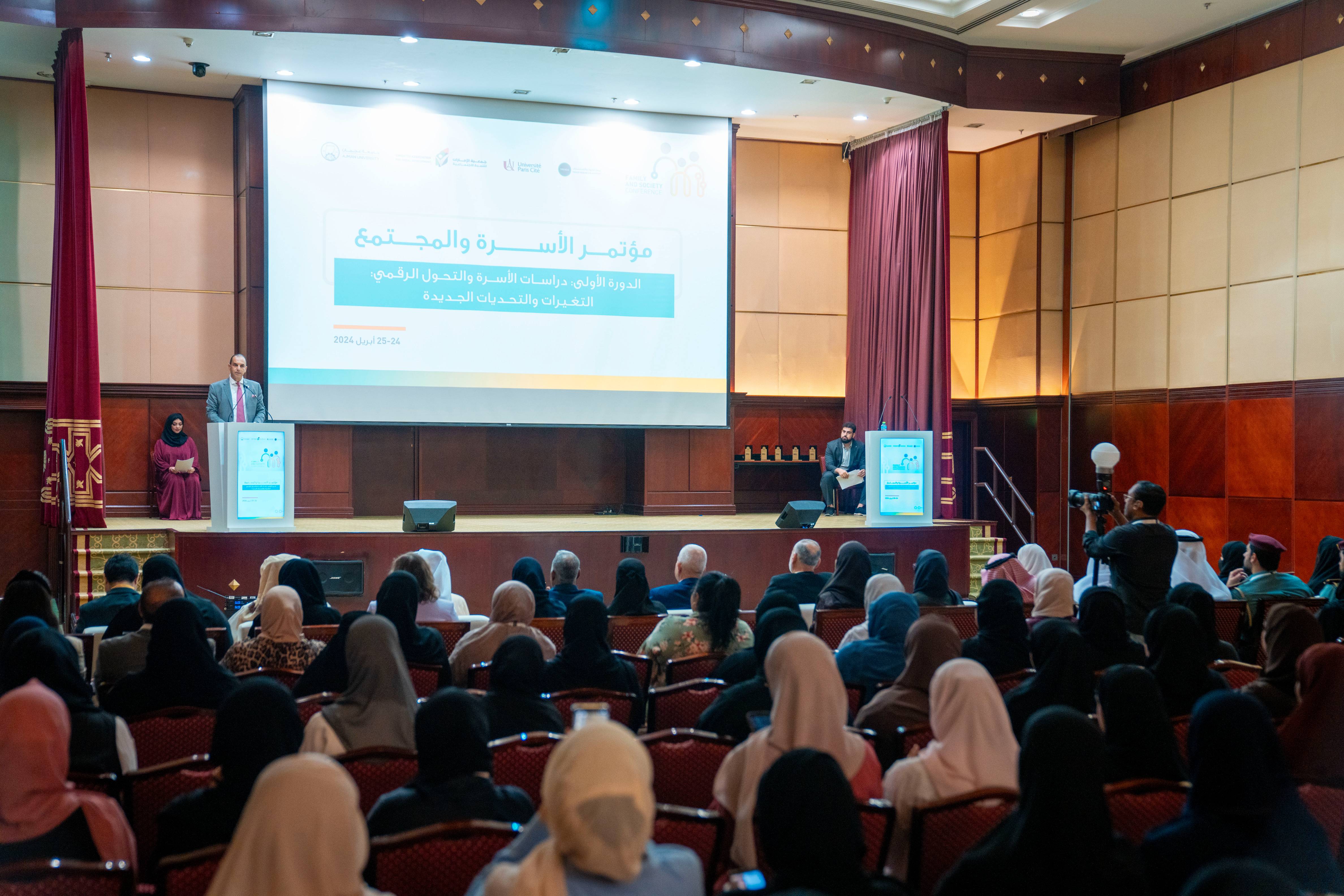Humanities and Social Sciences Research Center (HSSRC)
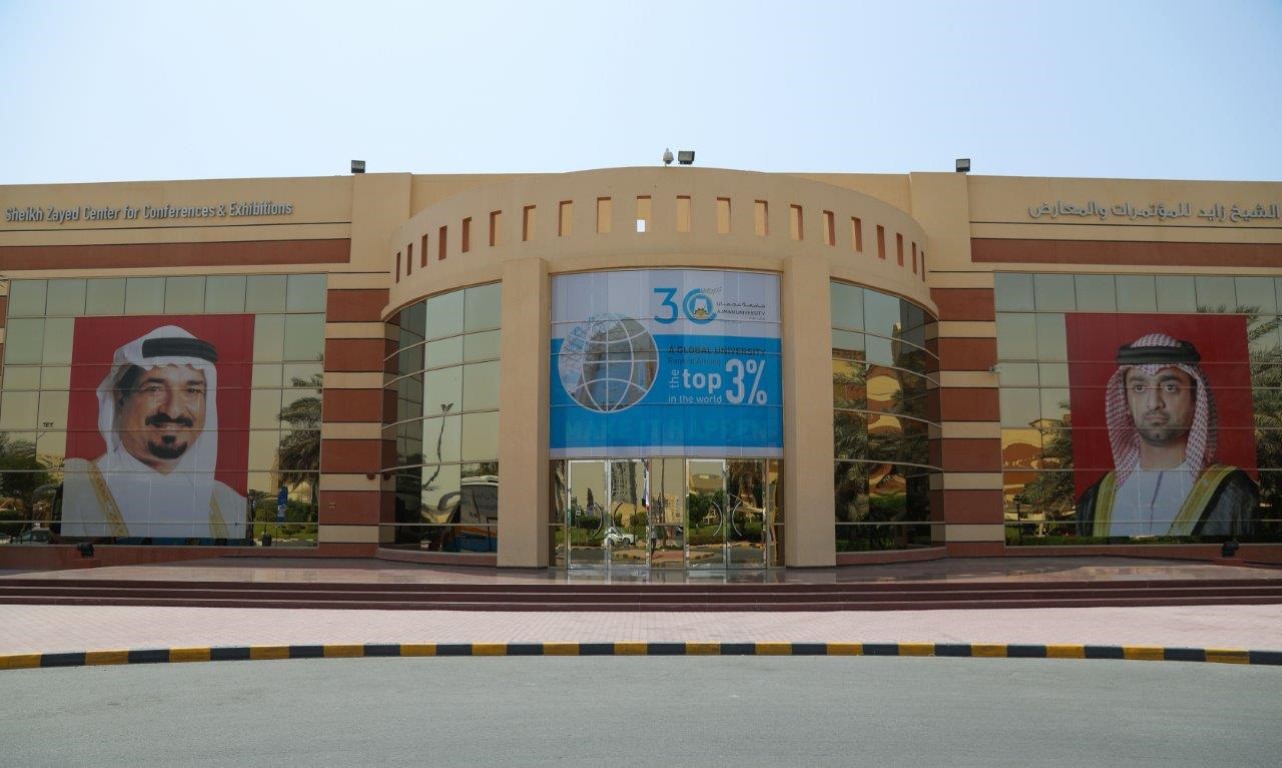
Introduction
The Humanities and Social Sciences Research Center (HSSRC) is committed to leading significant research projects that address contemporary societal and educational issues both within Emirati society and the region. Our aim is to cultivate a dynamic environment that offers diverse research opportunities while attracting top-quality researchers through partnerships and collaborations. By promoting cutting-edge research and developing the next generation of researchers in Humanities, and social sciences, we seek to advance interdisciplinary inquiry and generate valuable knowledge on today’s most pressing community challenges.
Vision
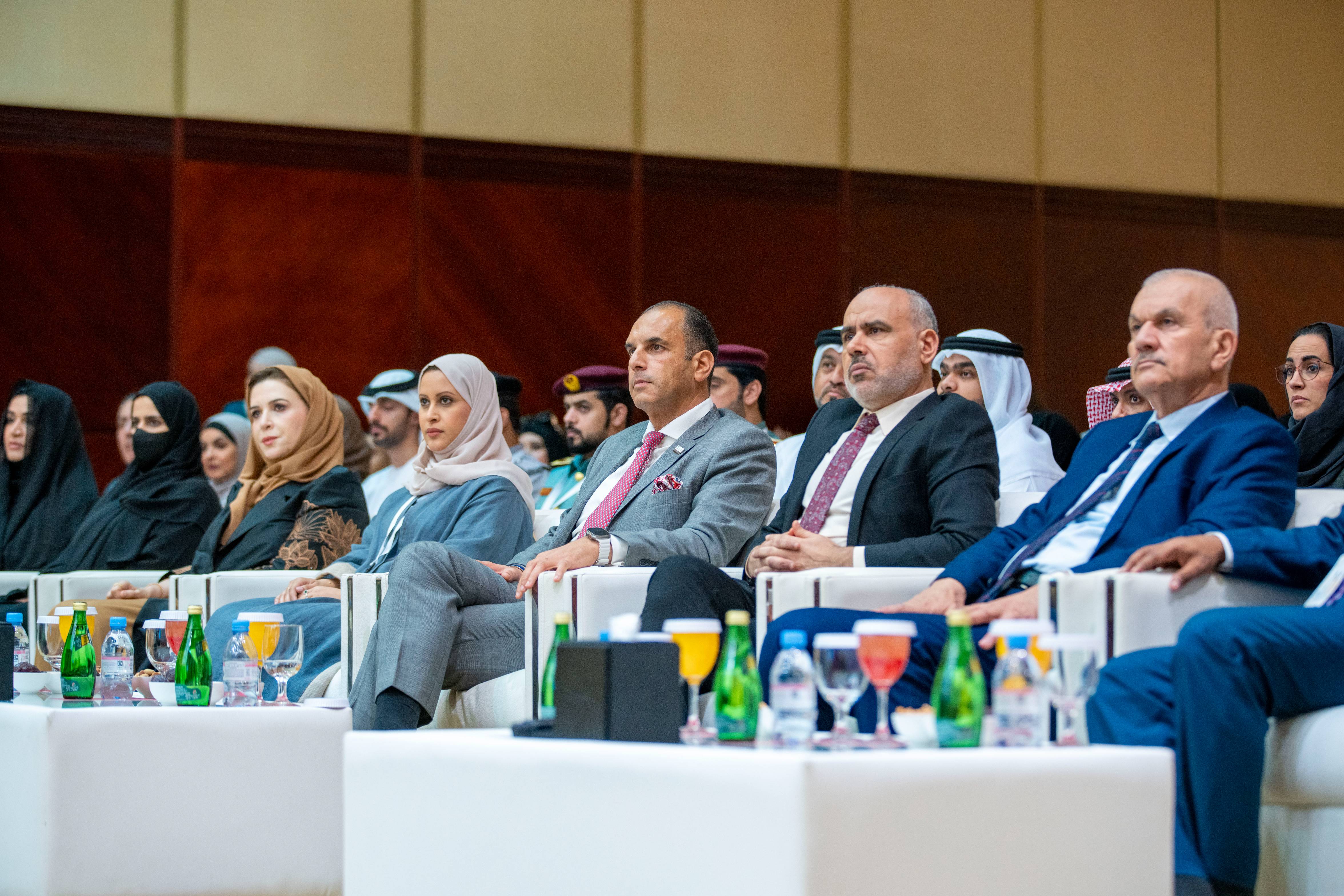
To become a leading center in the Arab Middle East, we aim to advance research in the fields of humanities, social sciences, community studies, and educational sciences. This center will foster connections between researchers and professionals in government, non-profit organizations, stakeholders, and the public, ensuring that research contributions are accessible and address both regional and global issues. Our long-term goal is to establish the center as a hub for theory building and innovation in the field of humanities, social sciences. languages and sociolinguistics
Mission
To strengthen the research culture in the humanities and social sciences, with a focus on contemporary issues related to education, languages, literature, civilization, community studies, and family dynamics. The aim of the center is to collaborate with colleagues from universities and partners from various parts of the world to address global and local issues, link theory with practice, and better understand the theory of practice by exploring global and local challenges. Through these efforts, we aim to bridge the gap between research, practice, and policy, enhancing both individual and institutional learning capacities while improving public access to information.
Goals and Objectives
The Humanities and Social Sciences Research Center (HSSRC) aims to achieve the following goals and objectives:
-
Develop research plans and programs in the humanities and social sciences, aligning with AU’s mission and goals to establish itself as a leading research university with a strong international ranking.
-
Facilitate research opportunities, both locally and internationally, that incorporate fieldwork and case studies, past and present. Collaborate within a peer-review framework to address societal issues in the UAE and beyond, providing insightful recommendations and practical solutions.
-
Host conferences, training workshops, seminars, and lectures to enhance AU’s research capabilities and meet its community service objectives.
-
Encourage and support applied research, field studies, and case studies focused on the development and service of UAE society.
-
Foster local and international collaborations through agreements, and provide financial support for studies and research projects.
-
Offer faculty members and students in the College of Humanities & Social Sciences the necessary resources to conduct impactful research that benefits Emirati society.
-
Organize an annual international conference on contemporary global issues in education, sociology, and language learning and teaching.
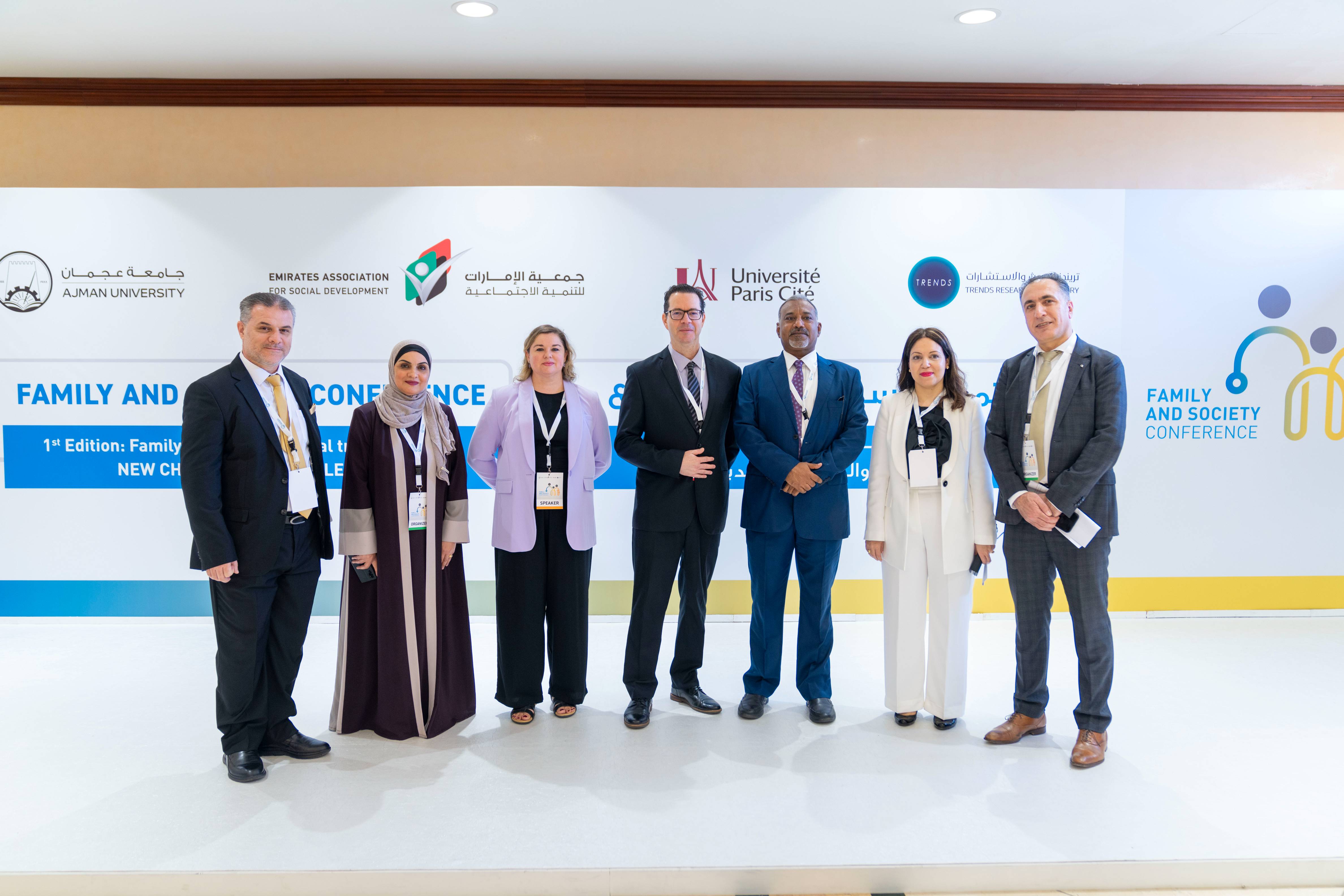
Organizational Structure
Head of HSSRC:
Dr. Soumaya Abdellatif
Research Steering Committee:
Prof. Fares Howari, Dr. Soumaya Abdellatif, Dr. Mohamed Eltahir, and Dr. Abderahim Benlahcene
Center Members:
The Center includes faculty members from the following colleges:
-
College of Humanities and Sciences (Departments of Sociology, Psychology, Education, and Languages)
-
College of Mass Media and Communication
- College of Law
Associate Researchers:
Researchers from national and international universities who contribute to the Center’s academic and collaborative activities.
Research Groups and areas of interest.
The following research groups within the HSSRC will conduct fundamental and applied research in the respective subject areas:
1- Educational Studies Research Group.
2- Sociology Research Group.
3- Psychology Research Group.
4- Languages, Literature and Civilizations Research Group.
5- Demography and Population Studies Research Group.
6- Law, Institutions and Societies Research Group.
Associate Researchers and Collaborators
- Jonas Elbousty, Yale University, USA.
- Zahia Ouadah Bedidi, University of Paris..
- Elena Ambrosetti, La Sapienza, Roma, Italy
- Nihad Bunar, Stockholm, University. Sweden.
- Dennis Beach, Gothenborg University. Sweden.
- Rob Smith, Birmingham City, University. Sweden.
- Anna Lund, Stockholm University. Sweden.
- Stefan, Lund, Stockholm, University. Sweden.
- Dymna Devine, Ireland University Colleg Dublin. Ireland.
- Abdulla Sodiq, Birminghamn City University. UK.
HSSRC Members
Head of HSSRC HSSRC Members

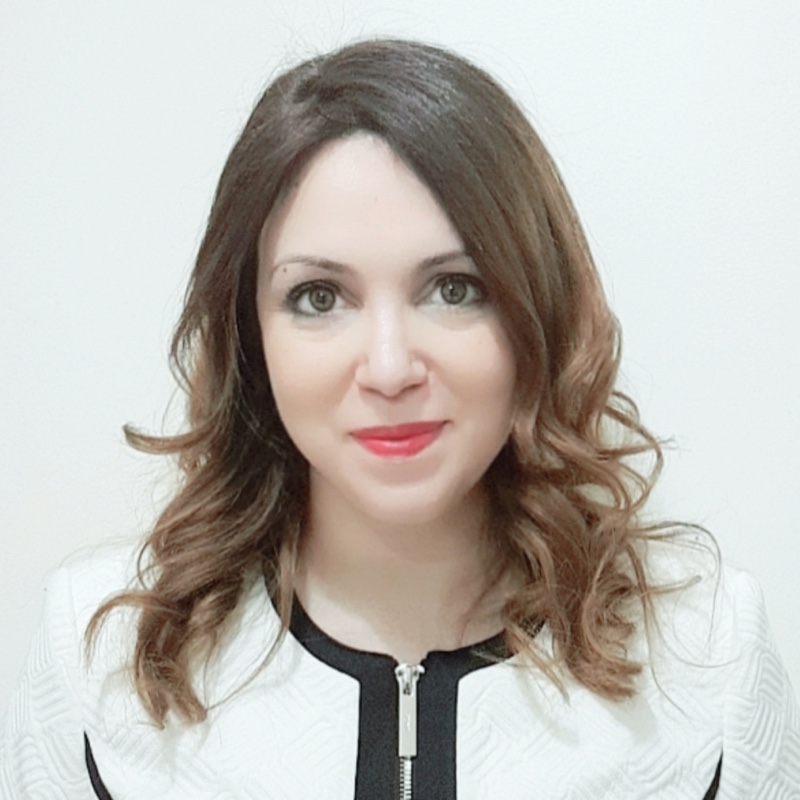
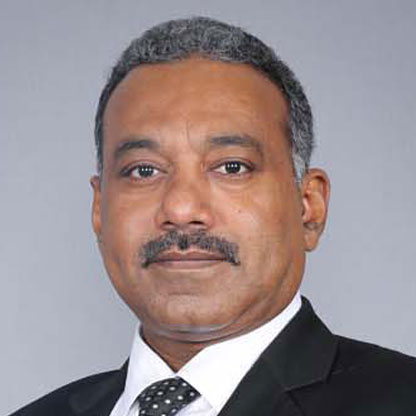




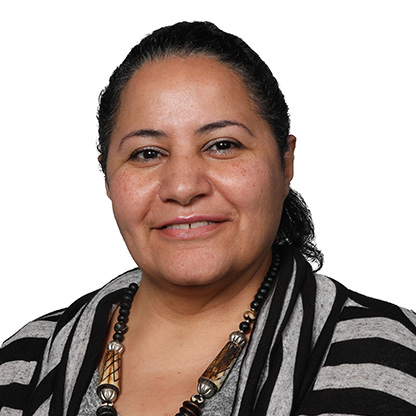
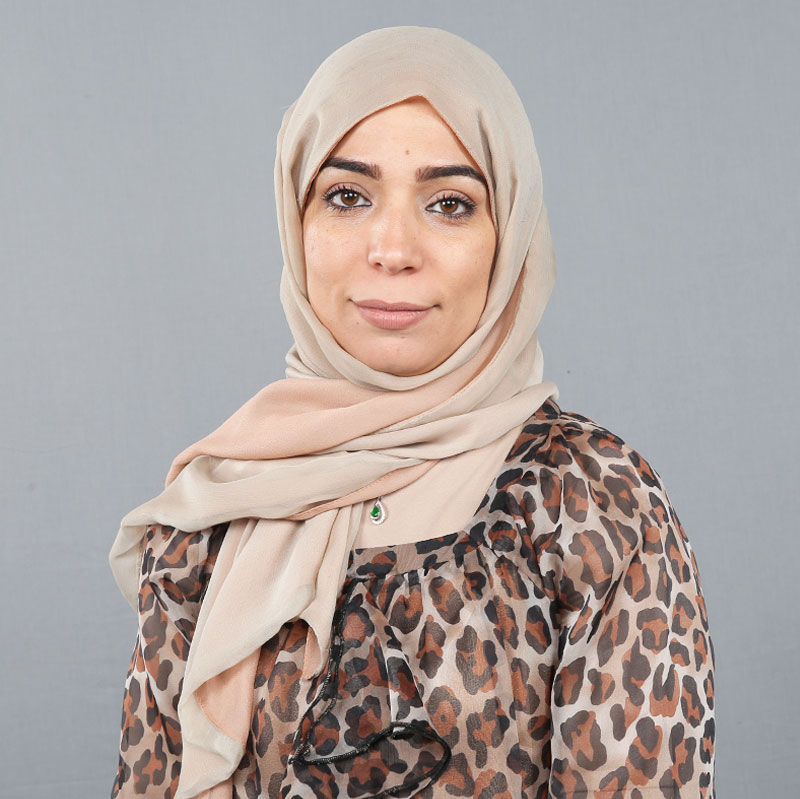
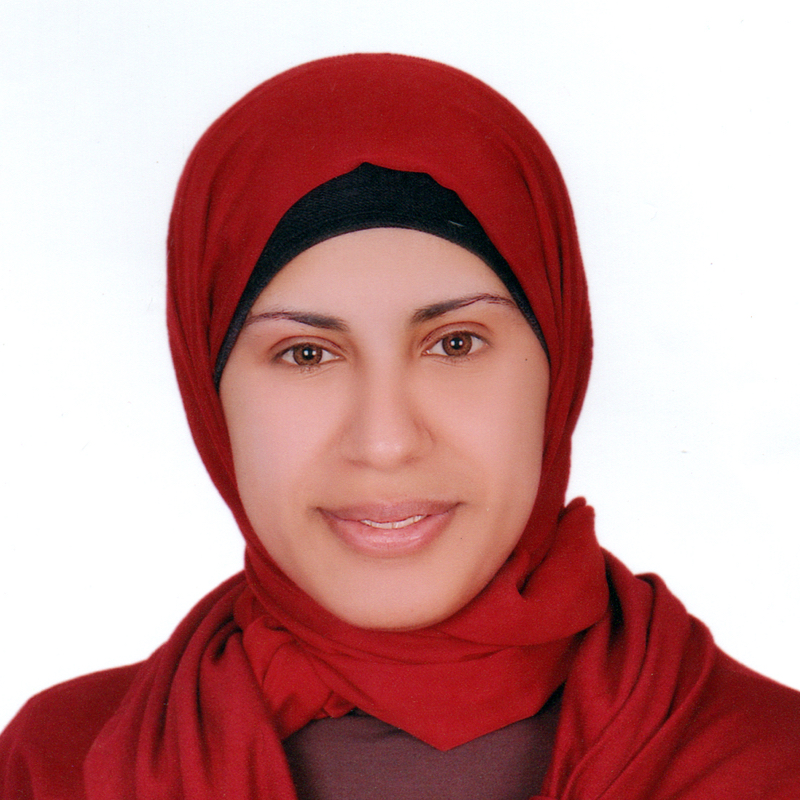




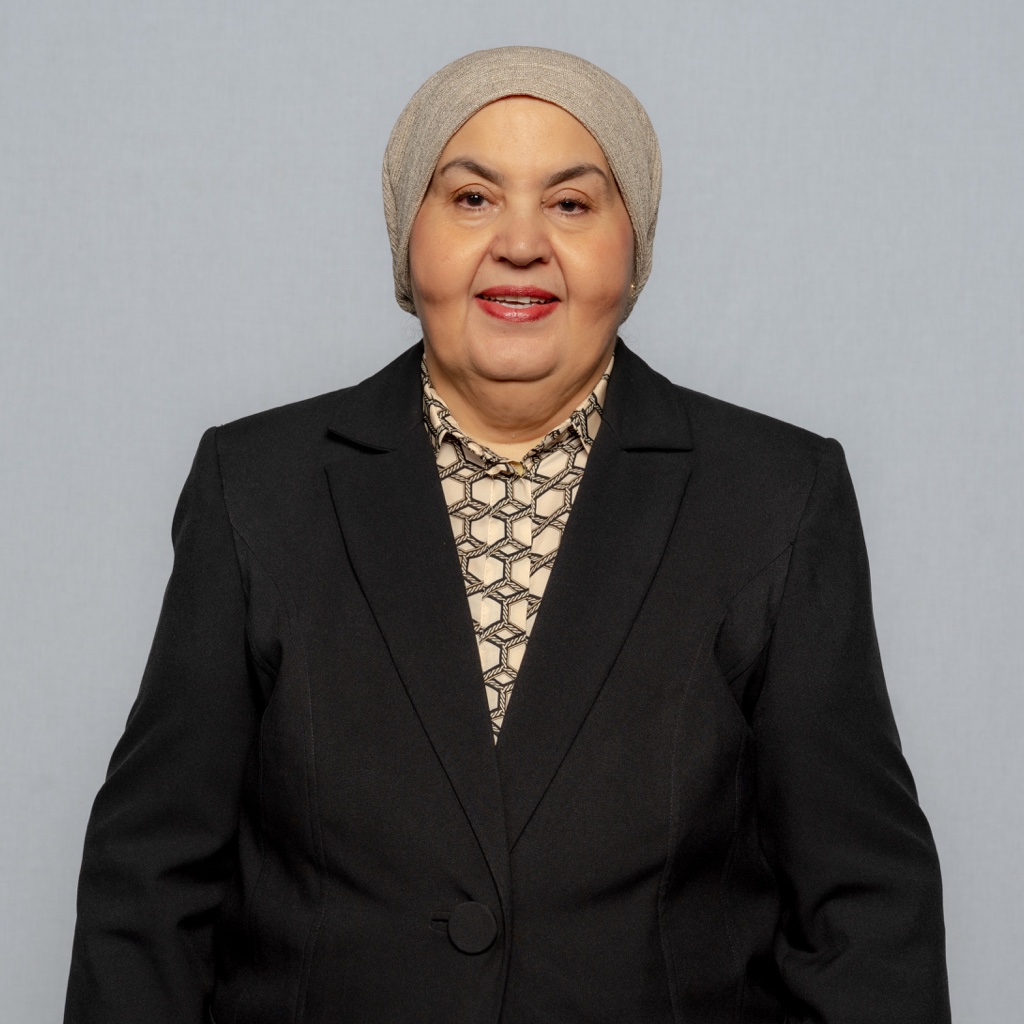
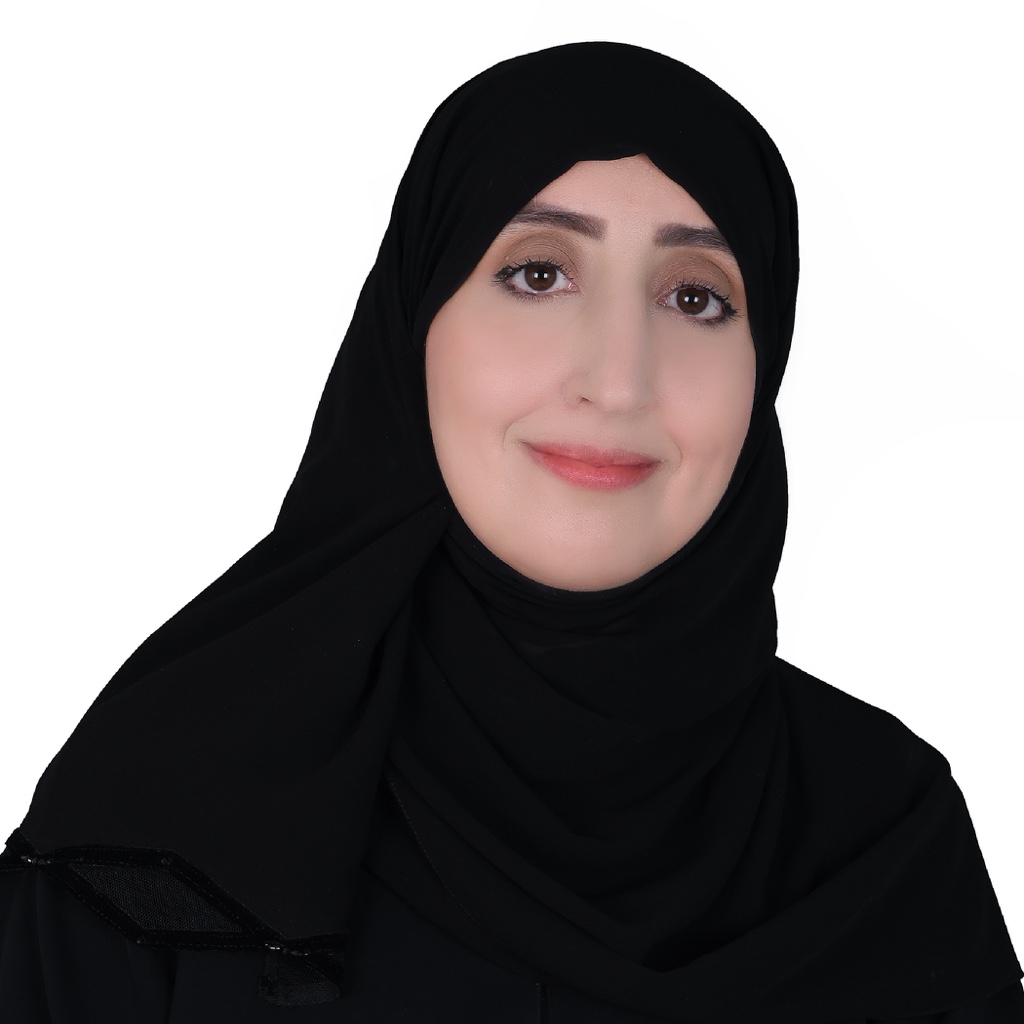
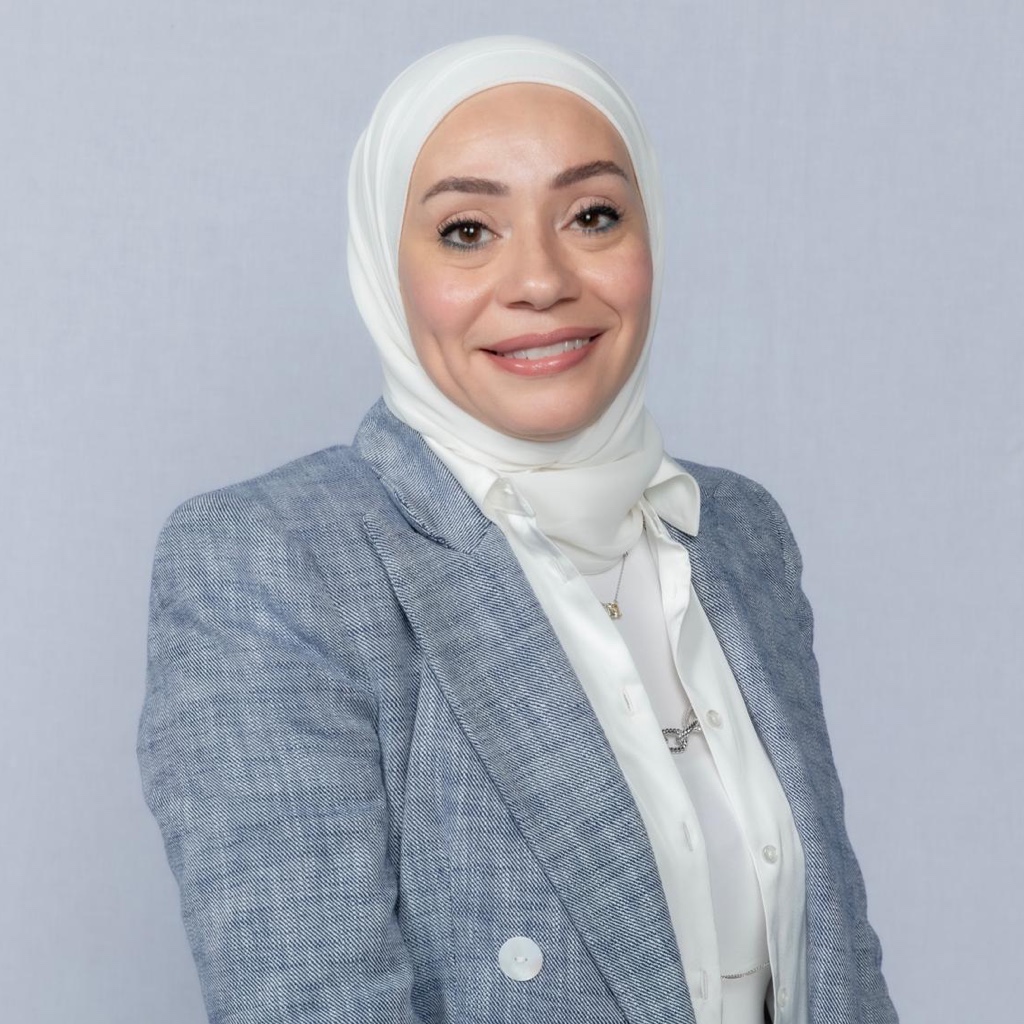
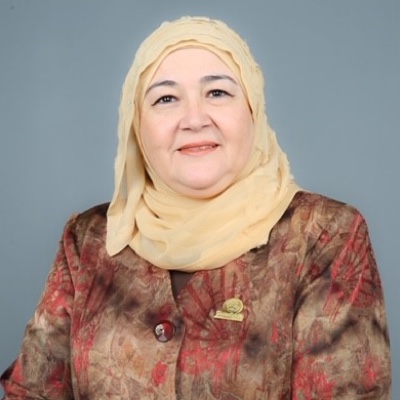
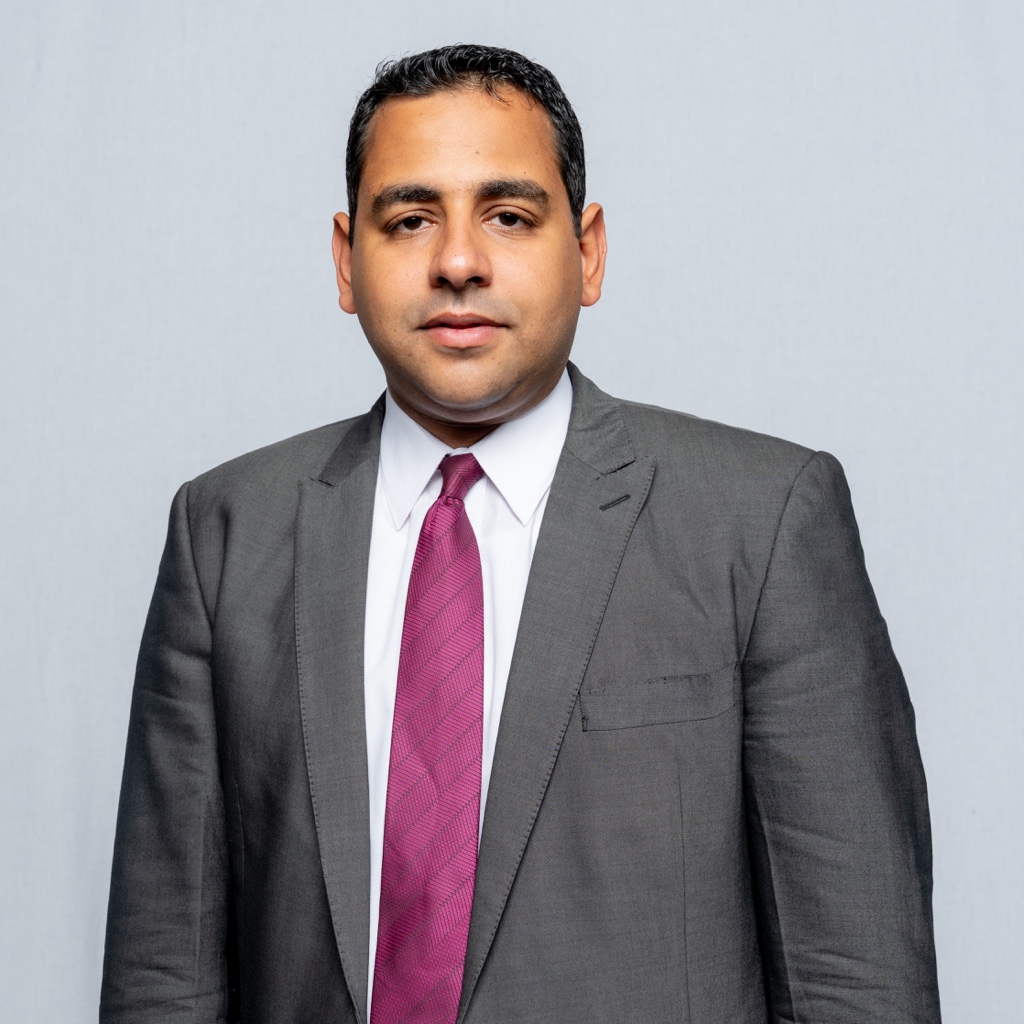
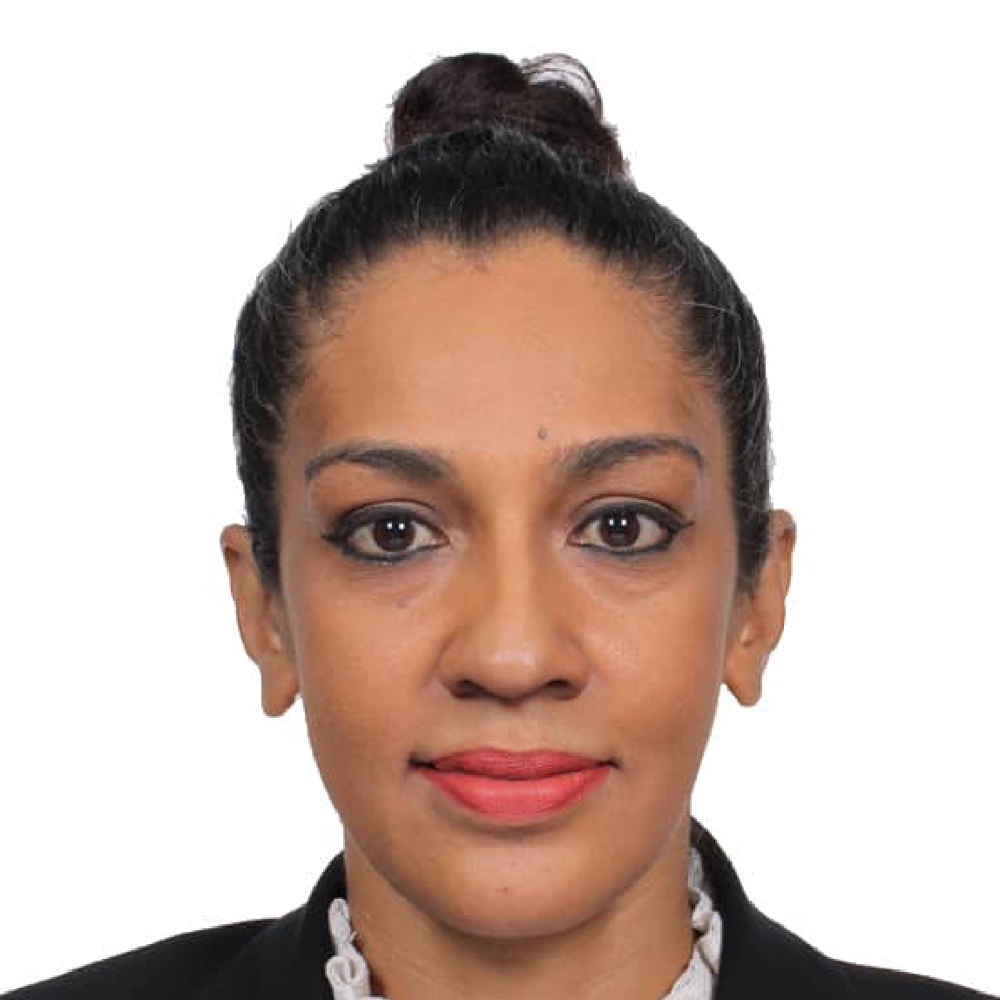
HSSRC Publications
Journal
- Analyzing the Impact of Metaverse Technology on Social Development: A Field Study on Generation Z in the United Arab Emirates, 2024, Social Sciences, Vol: vol. 13, Aug 2024
- Book Chapter
Artificiel intelligence (AI) and social sciences transformations : challenges, opportunities and perspectives, 2024, Global Trends in AI, Trends for Research and Advisory -
JournalWalaa Elsayed, Najeh Rajeh Alsalhi, Mohd Elmagzoub Eltahir, Sami Sami Al-Qatawneh, The Role of Autism Centers in Enhancing the Social Skills of Autistic Children From the Perspective of Social Workers in Autism Centers, Journal of Human Rights and Social Work, Vol: 9, pp.104 - 116, Mar 2024
-
JournalAl Tai, M.H.K. , Alzoubi, A.M. , Rawashdeh, A.A. , Alsalhi, N.R. , PSYCHOLOGICAL EFFECTS OF USING SMARTPHONE PROGRAMS AND APPLICATIONS AMONG UNIVERSITY STUDENTS: A CASE STUDY AT AJMAN UNIVERSITY. Artseduca, 2024, 2024(40), pp. 45–58, Artseduca, Vol: 6, pp.45 - 58, Aug 2024, doi: 10.3390/socsci11090410
- Journal
Davoudi, M., Abdelrahman, R.M., Ahmed, M. et al. , How internalizing and externalizing symptoms related to suicidal ideation and suicide attempts in patients with obsessive-compulsive disorder? A network analysis study(2024), Current Psychology,, Vol: Vol(43), (2024), pp.28079 - 28095 , Sep 2024, doi: https://doi.org/10.1007/s12144-024-06393-8 - Journal
Alireza Kordbagheri, Rasha Mohamed Abdelrahman; Alaa Alsharif; Marei Ahmed(2024, Psychometric properties of the Persian version of the Reinforcement Sensitivity Theory Personality Questionnaire (RST-PQ)(2024), Acta Psychologica, Vol: 244, Mar 2024, doi: https://doi.org/10.1016/j.actpsy.2024.104211 -
JournalMari Ahmed., Rasha Mohamed Abdelrahman., & Abderrahim Benlahcene, Passion types and life satisfaction among older adult Moroccans: Reliability of scores and mediation by resilience(2024), Passion types and life satisfaction among older adult Moroccans: Reliability of scores and mediation by resilience, Vol: 34, pp.19 - 25, Apr 2024, doi: https://doi.org/10.1080/14330237.2024.2311993
-
JournalAhmad Mohammad Alzoubi, Najeh Rajeh Alsalhi, Rasha Mohamed Abdelrahman, Bushra Ahmed Alakashee, Fakir Al Gharaibeh, Abdellateef Alqawasmi , Motives for using critical thinking skills among gifted and non-gifted adolescent students, Periodicals of Engineering and Natural sciences(2024), Periodicals of Engineering and Natural Science, Vol: 12, pp.355 - 368, Jul 2024, doi: : http://dx.doi.org/10.21533/pen.v12i2.4075
-
JournalAbderrahim Benlahcenea, Rasha Mohamed Abdelrahman, Marei Ahmed, Shorouk Mohamed Farag (2024), A Pathway to engagement: the mediating role of self-efficacy between interpersonal relationships and academic engagement,Cogent Psychology(2024), cogent Psychology, Vol: 11, Jun 2024
-
JournalRasha Mohamed Abdelrahman., Marei Ahmed., Natali Tayim., Mohammadreza Kordbagheri , ). Identification of the Core Characteristics of Vulnerable/Hypersensitive Narcissism and its Association with the Dark Triad in a Large International Sample: A Network Analysis Study(2024), Psychiatric Quarterly, Vol: 95, pp.415 - 431, Sep 2024, doi: https://doi.org/10.1007/s11126-024-10082-x
-
JournalRasha Mohamed Abdelrahman., Abdulghaffar A. Alqaysi., Athmar Shakir AlShatri, Measuring the Level of Corona virus (COVID-19) Phobia: A cross - cultural study in the light of some variables, Journal of the College of Education for Women, Vol: Vol. 35 No. 2 , Jun 2024, doi: https://doi.org/10.36231/coedw.v35i2.1738
- Journal
Eid Galal Abo Hamza, Dalia Bedewy, Richard Tindle, Samir Dukmak, ALaaeldin Ayoub, Ahmed Mustafa. Psychological Factors Impacting Joining STEM-Related Majors in the United Arab Emirates. Journal of Social Studies Education Research (2024), Journal of Social Studies Education Research, Jan 2024 - Journal
Abo Hamza, Eid, Tindle, Richard, Pawlak, Simon, Bedewy, Dalia and Moustafa, Ahmed A.. "The impact of poverty and socioeconomic status on brain, behaviour, and development: a unified framework" Reviews in the Neurosciences,(2024) vol. 35, no. 6,, Reviews in the Neurosciences, Apr 2024, doi: - Journal
Andrade, G., AboHamza, E., Elsantil, Y. et al. Moral approval of xenotransplantation in Egypt: associations with religion, attitudes towards animals and demographic factors. BMC Med Ethics 25, 19 (2024)., BMC Med Ethics, Feb 2024, doi: https://doi.org/10.1186/s12910-024-01013-3 - Journal
Youssef, E. Medhat, M. Alserkal, M., Investigating the Effect of Social Media on Dependency and Communication Practices in Emirati Society.2024, Social Sciences, Jan 2024 - Book Chapter
Habes, M. , Alanani, A. , Youssef, E. , Sharif, H., Why Do Jordanian Students Prefer Using ChatGPT A Case Study of Higher Education Institutions.2024, Studies in Big Data . Artificial Intelligence in Education: The Power and Dangers of ChatGPT in the Classroom Chapter, Springer - Book Chapter
The Impact of Media Technology on Family Relations During Crisis.2024, Studies in Systems, Decision and Control, Studies in Systems, Decision and Control - Journal
Youssef, Enaam Medhat, M. Abdellatif, S. Babiker Yousif, N., Analyzing the Impact of Metaverse Technology on Social Development: A Field Study on Generation Z in the United Arab Emirates.2024, Social Sciences, Aug 2024 - Journal
., Role of Artificial Intelligence in Achieving the Sustainable Development Objectives Based on the United Arab Emirates Reality ( Artificial Intelligence) Analytical Field Study.2024(Submit), ., May 2024 - Journal
Benlahcene, A., Abdelrahman, R., Ahmed, M., & Aboudahr, S. M. (2024). A pathway to engagement: the mediating role of self-efficacy between interpersonal relationships and academic engagement. Cogent Psychology, 11(1), 1-11. https://doi.org/10.1080/23311908.2024.2330239., Cogent Psychology, Feb 2024, doi: https://doi.org/10.1080/23311908.2024.2330239. - Journal
Bouteraa, M., Bin-Nashwan, S. A., Al-Daihani, M., Dirie, K. A., Benlahcene, A., Sadallah, M., ... & Chekima, B. (2024). Understanding the diffusion of AI-generative (ChatGPT) in higher education: Does students' integrity matter? Computers in Human Behavior Reports, 14, 1-11. https://doi.org/10.1016/j.chbr.2024.100402, ., Mar 2024, doi: . - Journal
Ahmed, M., Abdelrahman, R. M., & Benlahcene, A. (2024). Passion types and life satisfaction among older adult Moroccans: Reliability of scores and mediation by resilience. Journal of Psychology in Africa, 34(1), 19–25. https://doi.org/10.1080/14330237.2024.2311993., ., Jan 2024 - Journal
Shaya, N., Mohebi, L., Pillai, R., & Abukhait, R. (2024). Illegitimate Tasks, Negative Affectivity, and Organizational Citizenship Behavior among Private School Teachers: A Mediated–Moderated Model. Sustainability, 16(2), 733. https://doi.org/10.3390/su16020733, Sustainability, Jan 2024, doi: https://doi.org/10.3390/su16020733 - Journal
Massouti, A., Shaya, N., & Qareiny, S. M. A. (2024). , Massouti, A., Shaya, N., & Qareiny, S. M. A. (2024). Exploring the nexus between female school leaders’ perceptions of distributed instructional leadership, socio-cultural dynamics, and student achievement in the Arab world. International Journal of Educational Research Open, 7, 100372. https://doi.org/10.1016/j.ijedro.2024.100372., International Journal of Educational Research Open, Dec 2024, doi: https://doi.org/10.1016/j.ijedro.2024.100372. -
Book ChapterMohebi, L., Shaya, N. (2024). Discussion Paper on the Power of Universities as Learning Organizations in Achieving ESD Competencies. In K. CEBECI & M. V. Kaya (Eds.), Social and Economic Studies Within the Framework of Emerging Global Developments - Volume 5. Peter Lang GmbH, Internationaler Verlag der Wissenschaften., Social and Economic Studies Within the Framework of Emerging Global Developments, Peter Lang GmbH, Internationaler Verlag der Wissens
HSSRC Internal Projects
Project No.1: Students and faculty member perspectives on applying blended learning during the spread of the Covid-19 pandemic: a comparative study
The United Arab Emirates is committed to merging technology with learning approaches into all higher education institutions like blended learning (BL). The purpose of this study is to identify the perspectives of students and faculty members on the application of Blended Learning in higher education at Ajman University, UAE, and Princess Sumaya University for Technology, Jordan. The study will be conducted using a descriptive research model, and a 35-item questionnaire was designed to be used as a data collection tool. After its validity was verified, the questionnaire will be administered to 30% of participants that will recruit from a variety of colleges during the first academic semester of 2021/2022. SPSS will be used to analyze the data of the study.
Project No.2:The implementation of online learning in conventional higher education institutions during the spread of COVID-19: a comparative study
The purpose of this study is to investigate and explore the degree of success of the implementation of online learning in conventional higher education institutions instead of face-to-face learning during the spread of the Covid-19 Pandemic during the 2019/2020 academic year, via exploring the undergraduate students' perceptions of the application of the online learning system at Ajman University in UAE, and Griffith University in Australia. In the study, the descriptive approach was used. A questionnaire consisting of 40 items was designed and distributed to 630 students from Ajman University and 675 students from Griffith University, who were randomly selected from different faculties of the two universities during the 2019/2020 academic year during the COVID-19 pandemic. The results of the study revealed that students' a moderate satisfaction with the University's readiness, training, and technical support for online learning and the university's teaching and learning process during the COVID-19 pandemic, with female students finding them more satisfaction than male students. Disciplines and computer skills also showed an impact on such satisfaction, with Pharmacy & Health Science College students at Ajman University and Architecture, Art, and Design discipline students at Griffith University, and those with excellent computer skills in both Universities. In addition, the results showed positive attitudes of students towards the use of online learning at the two universities during the COVID-19 pandemic.
Family and Society Conference 1st Edition 2024
Visit the Family and Society Conference 1st Edition website 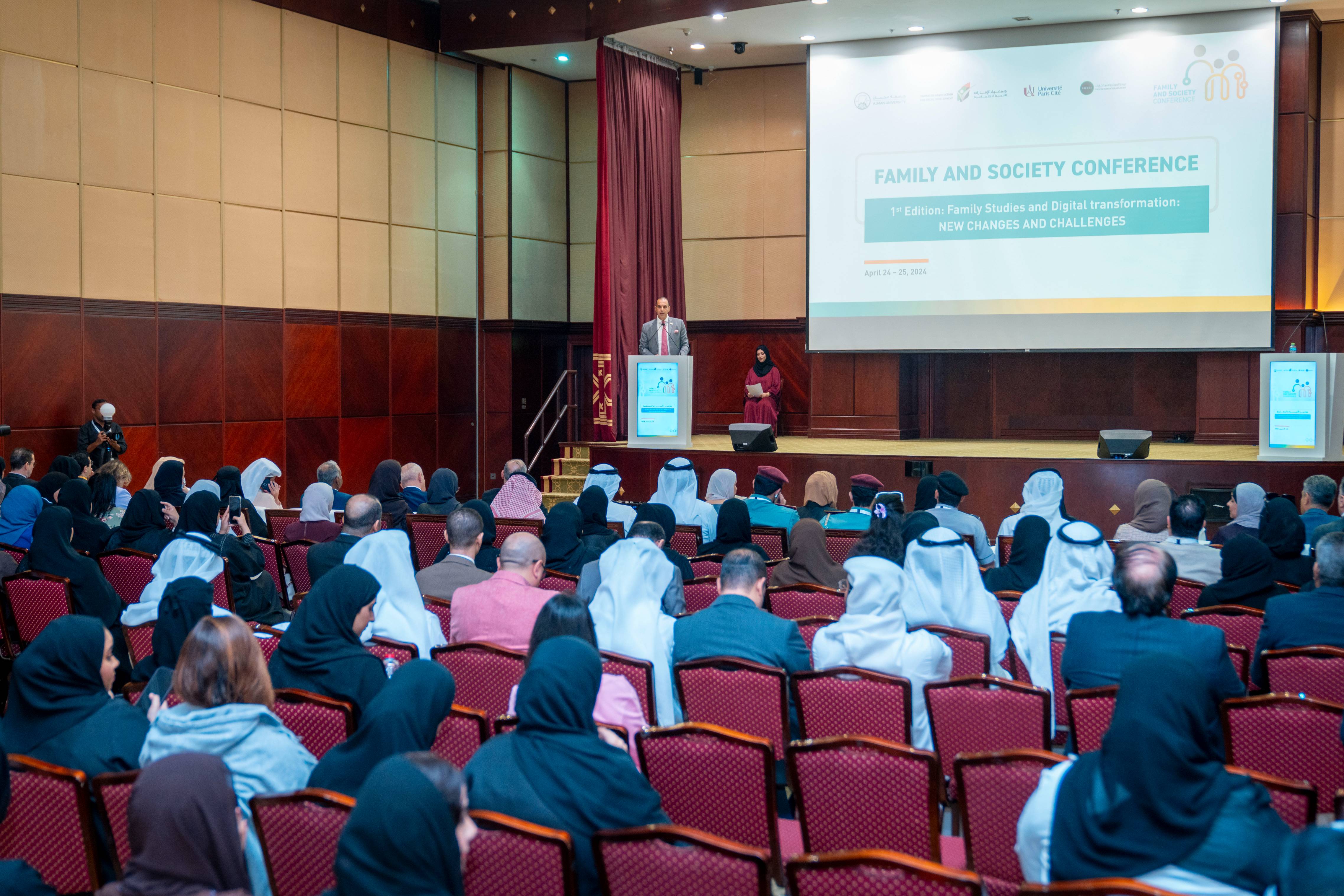
Family and Society Conference 2nd Edition 2025
Visit the FSC 2nd edition website and submit your abstract
Excellence in Research Award for UAE University Female Students
Click on the flyer for abstract submission EXTENDED SUBMISSION DEADLINE TO 6TH FEBRUARY 2025
About the Award
Excellence in Research Award for UAE University Female Students is dedicated to empowering the next generation of female researchers by fostering innovation and leadership in exploring digital and sustainable frontiers across Education, Sociology, and Psychology. The competition is open to female students within the UAE universities
A Gender Equity Initiative
The initiative is led by the Humanities and Social Sciences Research Centre in Ajman University and sponsred by the Ajman University’s Deanship of Research & Graduate Studies (DRG, in collaboration with the Diversity, Equity, and Inclusion (DEI) Committee of the University. Together, they promote gender equity and the empowerment of female students in academia and research. This initiative provides a platform that encourages female participation, fosters leadership, and promotes equal opportunities for female researchers. It reflects the University’s commitment to creating an inclusive and equitable environment where female students can excel in innovative research.
Scope
The Applied Student Research Competition in Education, Social Sciences, and Psychology (EFRA 2024) encompasses both Student Research Paper and Poster competitions, with a specific focus on empowering female researchers. This platform is designed to foster innovation, collaboration, and the exchange of ideas among undergraduate and postgraduate students, with an emphasis on promoting female students' contributions. The competition aims to highlight and celebrate the role of women in academia, ensuring that female researchers are recognized for their leadership and impact in the fields of education, social sciences, and psychology.
Aligned with the UAE’s National Strategy for Higher Education 2030, which aims to “prepare a new generation of Emiratis to face the challenges of the future and ensure sustainable happiness and a better life for citizens, the theme of the competition is: "Empowering Future Female Researchers: Navigating the Digital and Sustainable Frontiers in Education, Social Sciences & Psychology."
Goals
The primary goals of the student competition are:
- Encourage Participation: Empower Female students enrolled in humanities and social sciences programs to apply and showcase their knowledge, creativity, and problem-solving abilities, with a special emphasis on supporting female students.
- Foster Collaboration: Promote scholarly collaboration among Female students from diverse institutions and countries, enhancing the diversity of ideas and perspectives.
- Recognize Innovation: Reward high-quality, innovative research that contributes new insights, methodologies, or solutions to challenges in the humanities and social sciences.
- Promote Interdisciplinary Research: Encourage research projects that bridge multiple disciplines to foster a holistic understanding of complex social and educational issues.
- Empower Future Female Researchers: Provide a platform to encourage female students to pursue research and leadership opportunities, ensuring they are recognized and supported within the academic community.
How it Works
The Competition for Student Research Papers
- Abstract Submission: Students or groups of students submit an extended abstract.
- Peer Review: Abstracts are reviewed by a peer-review committee composed of field experts, who evaluate them based on originality, methodology, relevance, and clarity.
- Notification & Full Paper Submission: Upon acceptance, authors must submit a full research paper that has been approved by a supervisor or faculty member. The supervisor is considered a mentor rather than an author, and all authors must be students.
- Finalist Selection: The top twenty research papers are selected as finalists, and students are invited to campus to present their work for 15 minutes, followed by questions from judges and the audience.
- Judging: Finalists are evaluated by a panel of judges, and the winner is selected based on scores.
The Poster Student Competition
- Abstract Submission: Students or groups of students submit an extended abstract.
- Peer Review: Abstracts are reviewed similarly to the research paper competition.
- Submission of a Brief Paper: Upon acceptance, students submit a brief (two to five pages) paper approved by a supervisor or professor.
- Finalist Selection: The top twenty submissions are selected as finalists and presented in poster format for 10 minutes.
- Judging: Judges evaluate the posters and presentations, scoring each group, and winners are chosen accordingly.
Poster Guidelines
Dimensions: Typically 36” x 48” (91 cm x 122 cm), landscape orientation.
Content Sections:
- Title (with your name and affiliation)
- Abstract: Brief summary
- Introduction: Background and research question
- Methods: Brief overview
- Results: Key findings, with visuals
- Conclusion: Main takeaway
- References/Acknowledgments: Key sources or funding
Style:
- Use clear headings, readable font sizes (Title: 72 pt, Text: 24-28 pt).
- Include visuals like charts and images.
- Keep text minimal for easy readability
Conference Tracks (You may choose one topic or integrate two if they complement each other)
EFRA 2024 will feature three main tracks that accommodate a variety of research projects:
- A) Education:
- Technology Integration in Modern Classrooms:
Research on how digital tools, e-learning platforms, and technology impact student learning and engagement.
- Innovative Teaching Methods and Their Impact on Learning:
Research on new teaching strategies and their effectiveness in enhancing student learning outcomes.
- Curriculum Innovation and Inclusive Education:
Research exploring innovative approaches to curriculum design and development, integrating inclusive education practices to foster diverse and equitable l learning environment.
- B) Sociology:
- The Role of Women in Driving Innovation and Sustainability (Education, Social Sciences):
Relevance: The UAE is committed to gender equality and female empowerment, as demonstrated by initiatives like the Gender Balance Council. This topic highlights the critical role of women in fostering innovation and driving sustainable growth in various sectors.
- Social Media and Its Influence on Youth:
Research examining the impact of social media on youth behaviour, values, and identity.
- The Role of Government Initiatives in Social Development:
Research that assesses the impact of government programs and policies on social progress.
- C) Psychology:
- Mental Health Awareness and Interventions:
Research on mental health awareness campaigns, therapy methods, and their effectiveness.
- Psychological effects of technology use:
This research can cover the effects of technology usage on various aspects such as mental health, social interaction, cognitive development, well-being, and behavioural changes.
- Stress and Coping Mechanisms:
Explore how different groups manage stress (e.g., students, employees, parents) and what coping strategies are most effective across varying environments.
Awards & Recognition
- Track Winners:
One winner will be selected from each track (Education, Social Sciences, Psychology). Each winner will receive:
- A Certificate of Excellence
- A prize of 4000 AED
- Shortlisted Candidates:
All other finalists will receive:
- A Certificate of Recognition for their outstanding work and contribution to the competition.
Timeline
|
Event |
Date |
|
Competition Launch |
October 7th, 2024 |
|
Abstract Submission Deadline |
November 15th, 2024 |
|
Notification of Abstract Acceptance |
November 30th, 2024 |
|
Full Research Paper/Poster Submission Deadline |
January 15th, 2025 |
|
Finalist Announcement |
February 1st, 2025 |
|
Final Presentations (On Campus) |
February 25th, 2025 |
|
Winner Announcement & Awards Ceremony |
February 25th, 2025 |
Submission Categories
Participants are encouraged to submit original research papers, case studies, or innovative projects within their respective tracks. Submissions should contribute to the advancement of knowledge and address current challenges and opportunities within the chosen field.
Who Can Participate?
The competition is open to female students, both graduate and undergraduate, from all universities and institutes across the UAE.
Note: Participants are responsible for covering their own participation expenses, including mobility, accommodation, and any other associated costs, unless these are sponsored by their respective institutions.
Submissions’ guidelines:
Students eligible to participate in the research competition must submit a non-published research paper of 10-20 pages, including references, figures, and tables. The paper should be formatted in Times New Roman, 12-point font, with 1.5 line spacing and 1-inch margins. It must include a title page (with the title, authors' names, and university affiliation), an abstract of no more than 250 words, 3-5 keywords, and sections for the introduction, methodology, results, discussion, conclusion, and references. Papers will be evaluated on originality, clarity, methodology, relevance, and proper citation. Papers may be submitted in either Arabic or English; however, theoretical papers will not be accepted.
For submission please use the link:
Or use the QR code:
Submission Deadlines (see table above)
For Further information
Contact us:
Humanities and Social Sciences Research Centre, Ajman University
